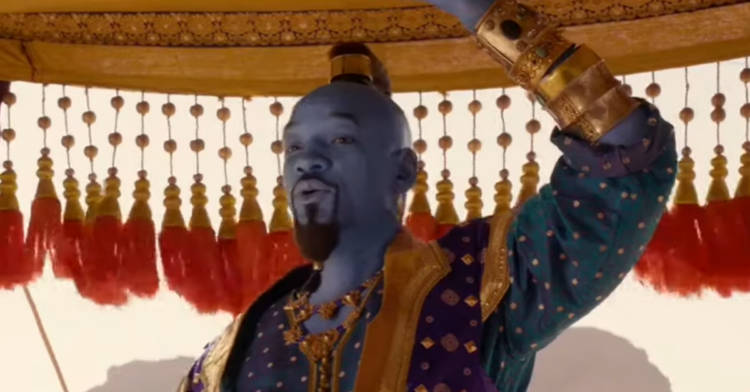Whenever people discuss movies for long enough, you can bet that someone will talk about how tired they are of remakes.
And while Hollywood was able to duck this backlash for a while by “rebooting” classics instead of remaking them, both practices became overused and tired enough that it’s kind of hard to distinguish between them. And yet, it seems that every year without fail, something from our childhoods falls victim to another plan to remake it.
As easy as it is to hate unnecessary sequels, those at least try to tell us a new story with familiar characters. But when they remake something, it’s often more akin to copying someone’s homework and changing it just enough so the teacher doesn’t notice.
But if you’re wondering why this keeps happening, I’m afraid the biggest answer lies in the hearts and especially the wallets of your fellow viewers.
If you’re not pursuing some big idea with a remake, there’s no reason to do one.

Although the best remakes have enough solid ideas in terms of performances, aesthetics, and storytelling to stand on their own (such as the True Grit remake from 2010), others simply come across as a worse version of something we already had.
And from the looks of it, nothing will fit that bill better than Home Sweet Home Alone , which seems to follow the same story beats and use its characters in pretty much the same way as the original Home Alone did.
Because it totally worked so well when the last three movies in this series did that.
And people are especially likely to see things that way if we associate a movie with a beloved star who is no longer with us.

It’s for that reason that so many fans of The Bodyguard and Whitney Houston in general see nothing but bad signs in the decision to give that story another go.
After all, even if the True Grit remake hadn’t panned out, John Wayne’s iconic status would have still been shored up by the other classic westerns and war films he starred in.
But since The Bodyguard had such a major impact on Houston’s rise to prominence, it’s not hard to understand why fans figure they could only cheapen her legacy by remaking it.
As I mentioned, the best remakes are the ones that stand on their own to a degree that viewers don’t need to know anything about the originals to enjoy them.

And you can tell that a movie has this status when your average viewer isn’t even aware that it’s a remake.
A perfect example of this phenomenon is the 1983 crime classic Scarface , which doesn’t even hint at the fact that it’s really a remake of a 1932 film loosely based on the life of Al Capone.
But when remakes actively bank on the audience’s nostalgia, that’s when they tend to be the most disappointing and unnecessary. And yet, there’s little reason to suggest that we’ll see the end of this kind of remake anytime soon.
Because while we may say we want new stories, our actual spending patterns tell us that we’re still chasing the familiar.

And the biggest indicator for this can be clearly seen in the fact that Disney has spent so much of the last decade doing live-action or CGI-heavy remakes of movies we grew up with like Aladdin , The Lion King , and Beauty and the Beast .
And let’s be honest, these are barely tweaks of stories we’re already familiar with that would have gone nowhere if it weren’t for the special place the originals had in out hearts.
And other than that, the main thing these movies have in common is that they all made at least a billion dollars .
So if we want the never-ending parade of nostalgia remakes to stop, we have to treat them like the “Mulan” remake and just let them go unseen.

Because if we really want Hollywood to change things up, we need a lot more than just a few of these remakes and reboots to fail .
As they always say, vote with your wallets.

















































